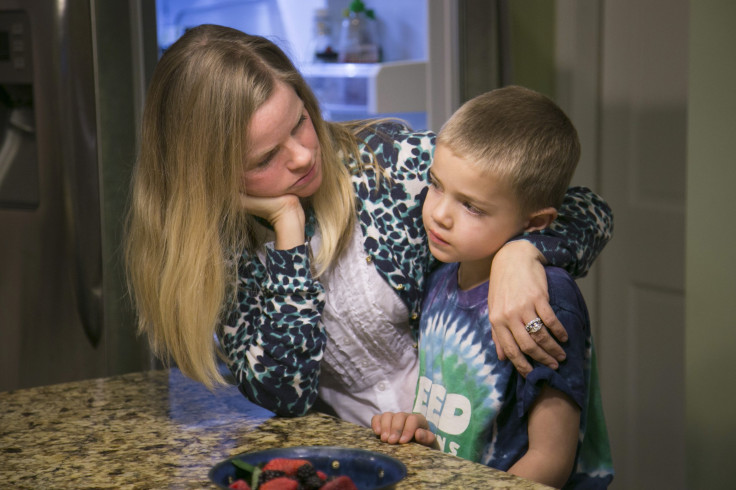Measles Outbreak California: States With No Personal Belief Exemptions Report Lowest Cases In The Country

Measles cases in the U.S. are on the rise and are largely the result of more parents choosing not to vaccinate their children based on so-called personal belief exemptions. But in states where such exemptions are not allowed, measles cases have remained among the lowest in the country.
Only two states, Mississippi and West Virginia, do not permit vaccination exemptions based on religious or philosophical beliefs. Neither has seen a case of measles in over two decades. Because of their strict vaccination requirements and high vaccination rates -- Mississippi has had the highest vaccination rate of any state at 99.9 percent, and West Virginia’s was about 96.1 percent -- the states have been able to keep their number of infections at all-time lows.
Mississippi’s success has come down to its limiting the kinds of exemptions parents could seek for their children, health experts have said. “We have been a victim of our success, and people don’t realize how bad these diseases are,” Thomas E. Dobbs III, the Mississippi state epidemiologist, told the New York Times. “But by and large, I think there’s an increasing understanding of how important it is to maintain our invaluable defense against unnecessary illnesses.”
Mississippi recorded just 23 exemptions for the 2012-2013 school year. California, which has been ground zero of an ongoing measles outbreak that started in December and has since spread to 14 other states and Mexico, had nearly 15,000 exemptions, including over 14,000 exemptions based on philosophical beliefs.
All states have required children entering kindergarten to get the measles, mumps and rubella, or MMR, vaccine. Every state has also allowed medical exemptions for things like cancer or allergies, but 20 states also have permitted parents to opt out of vaccinations based on personal beliefs. In 2012-2013 school year, a total of 91,453 exemptions were granted among the country’s 4.2 million kindergarteners, according to the U.S. Centers for Disease Control and Prevention. In some states, exempting a child from vaccines based on the personal beliefs of the parents has been as easy as checking a box on a form.
On Wednesday, California lawmakers proposed a bill that would ban parents from claiming personal belief exemptions. The bill comes after the state saw an uptick in measles cases following an outbreak at Disneyland in Orange County. California has seen 99 cases of measles so far this year -- more than the entire number of measles cases across the country in nine of the last 15 years.
© Copyright IBTimes 2024. All rights reserved.





















